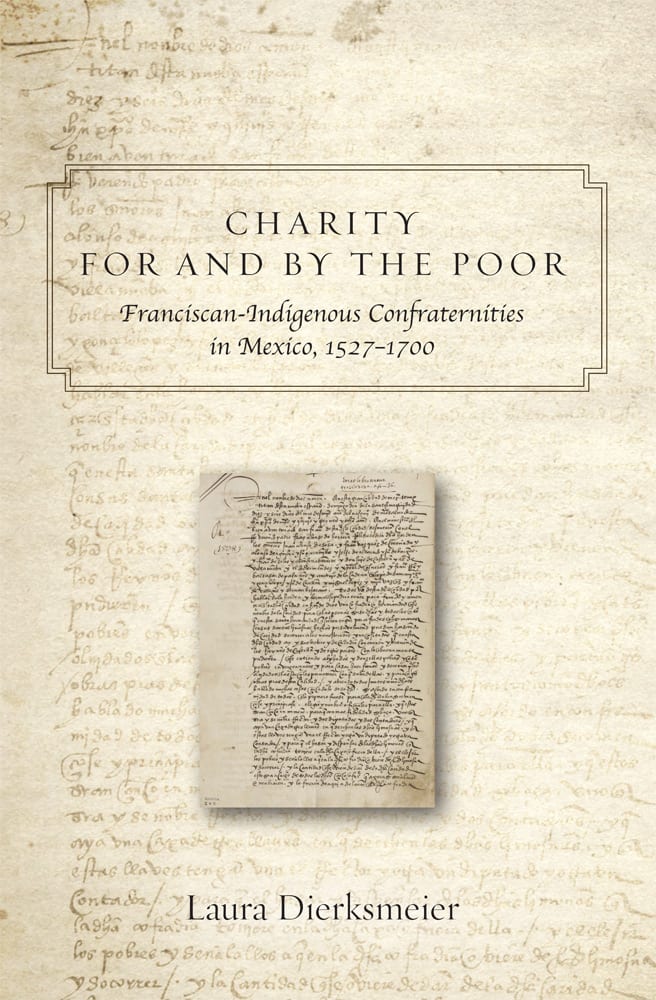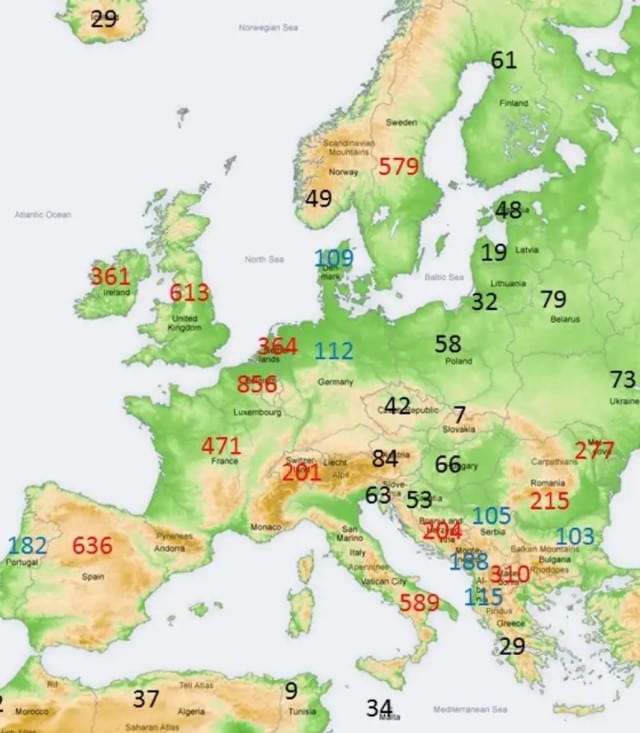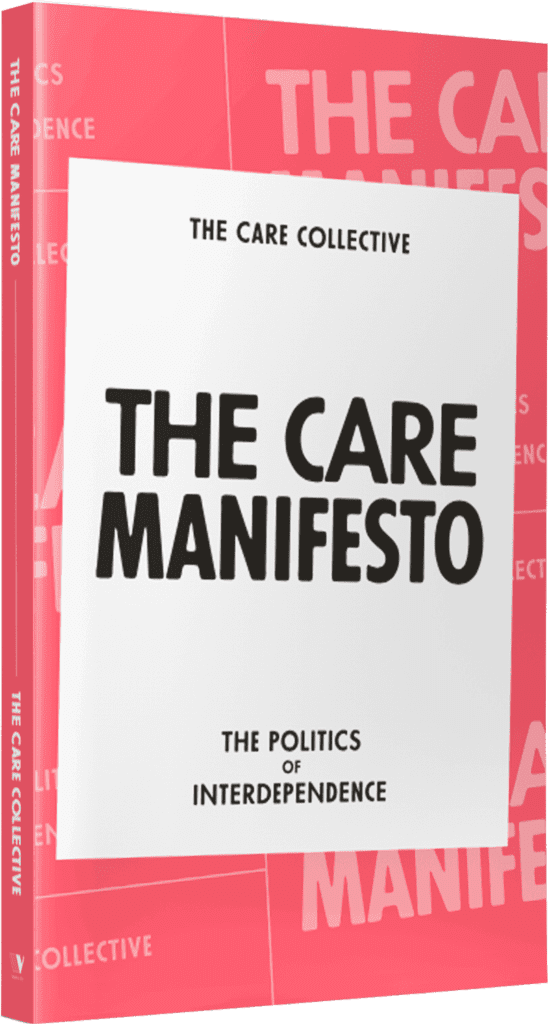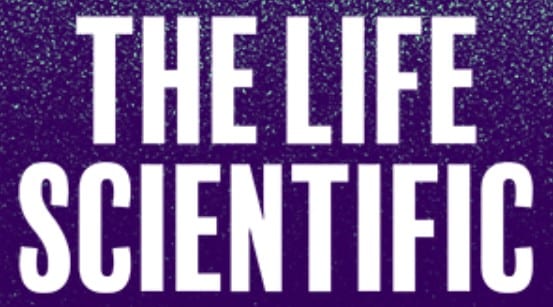
Archive for 2020
The role of social support in differentiating trajectories of adolescent depressed mood
Ghosting in safe relational spaces: Young Black men and the search for residence
Experts speaking: Crucial teacher attributes for implementing blended learning in higher education
Explaining the Decline in Young Adult Sexual Activity in the United States
It is not a broken system, it is a system that needs to be broken: the upEND movement to abolish the child welfare system
“I believe it’s important for ids to know they have two parents”: Parents’ experiences of equally shared parental leave in Sweden
Why Local Elections Matter (Podcast)

Acceptance and Commitment Therapy (ACT)
Income, Poverty and Health Insurance Coverage in the United States: 2019
Global MPI 2020: who is multidimensionally poor?
Find a Way or Make One: A Documentary History of Clark Atlanta University Whitney M. Young Jr. School of Social Work (1920-2020)

Clark Atlanta University Whitney M. Young Jr. School of Social Work was founded in 1920 in Atlanta, Georgia, as the Atlanta School of Social Work to prepare social workers for practice in underserved black neighborhoods. Spearheaded by black scholars and progressive whites during an era of racial segregation, 2020 marks its centennial as the first accredited social work program at a historically black college and university. In this book, social work professor Alma J. Carten describes the School’s transitions from its beginnings amid the pervasive racism sanctioned by Supreme Court rulings in the Dred Scott and Plessy v. Ferguson cases, through the decades of 20th century progressive civil rights reforms, and into the new conservatism of the 21st century.
Hidden scars: the impact of violence and the COVID-19 pandemic on children’s mental health
Factors influencing social work students’ motivation to work in drug treatment settings: the role of knowledge and attitudes
The Association of Executive Functioning With Academic, Behavior, and Social Performance Ratings in Children With ADHD
From adolescence to parenthood: a multi-decade study of preconception mental health problems and postpartum parent–infant bonds
Understanding the Effectiveness of the Cascading Model to Implement Parent-Child Interaction Therapy
Reunion Island, a sentinel territory for antimicrobial-resistant bacteria surveillance in the South-Western Indian Ocean: a retrospective survey using hospitalized patient screening, 2015–2017
Changing the Narrative and Playbook on Racially Concentrated Areas of Poverty
Normative Revisionism about Student Cheating
A Survey of the Characteristics and Administrator Perceptions of Family Councils in a Western Canadian Province
Augmented Cognitive Behavioural Group Therapy for Perinatal Anxiety During a Global Pandemic (COVID-19)
Charity for and by the Poor: Franciscan and Indigenous Confraternities in Mexico, 1527–1700

Symptoms of Depression Among Adults: United States, 2019
A million deaths from coronavirus: seven experts consider key questions

Deaths per million (dpm) of population in Europe and surrounding countries, as of mid-September 2020. Red: >200dpm; Blue: 100-200dpm; Black <100dpm.
Care Manifesto: The Politics of Interdependence

The Care Manifesto puts care at the heart of the debates of our current crisis: from intimate care–childcare, healthcare, elder care–to care for the natural world. We live in a world where carelessness reigns, but it does not have to be this way.
A comparative analysis of cervical cancer prevention between Nigeria and Nordic countries that have experienced a decline in cervical cancer incidence
The Two Pandemics
Mainstreaming Dissidence: Confronting Binary Gender in Social Work’s Grand Challenges
Racial/Ethnic Discrimination, Sexual Orientation Discrimination, and Severity of Tobacco Use Disorder in the United States: Results from the National Epidemiologic Survey on Alcohol and Related Conditions-III
Possible Relationship Between Sense of Coherence and Adolescents’ School Adaptation Through Empathy and Parenting: A Moderated Mediation Model
Innovative practice: Can music reminiscence approaches be used in moderate–severe dementia? A pilot of music mirrors
“I Still Love My Hood”: Passive and Strategic Aspects of Role Residual Among Former Gang Members
Transcranial magnetic stimulation for auditory hallucinations
Time for change
Modelling improved efficiency in healthcare referral systems for the urban poor using a geo-referenced health facility data: the case of Sylhet City Corporation, Bangladesh
Acute hospital staff’s attitudes towards dementia and perceived dementia knowledge: a cross-sectional survey in Ireland
Thinking Europe Otherwise: Lessons from the Caribbean
Neil Ferguson on modelling Covid-19
